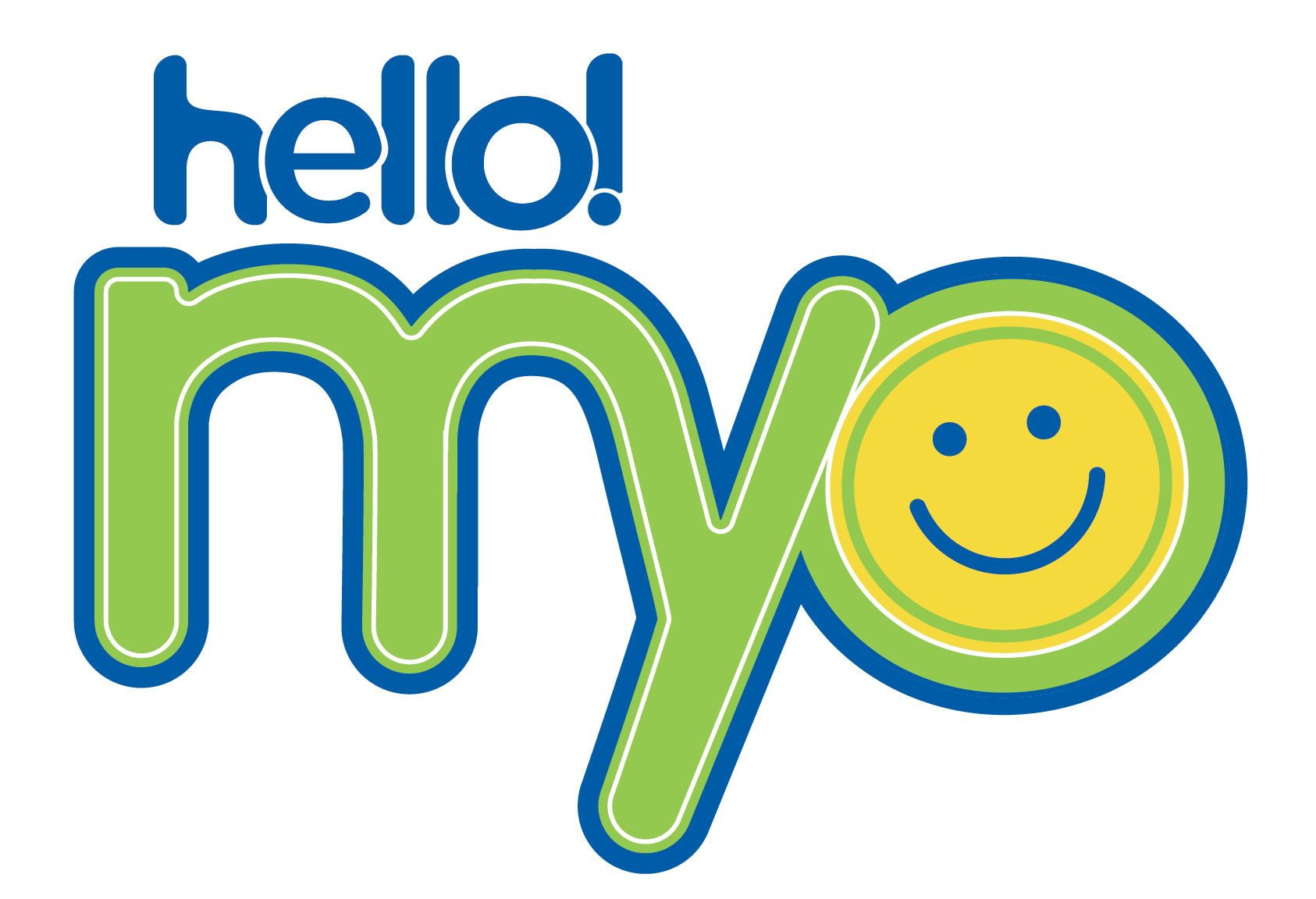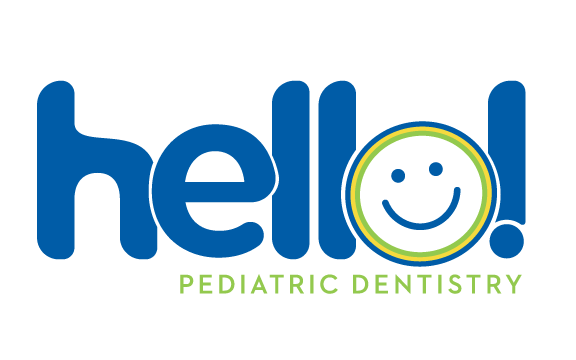
What is Myofunctional Therapy?
Myofunctional therapy is a form of physical therapy for the mouth. It uses simple exercises and activities to retrain how the muscles of the face, mouth and tongue work together.
While it can be recommended after tongue tie treatment, Myo therapy stands on its own as a powerful way to improve breathing, sleep, and oral development, which all lead to better quality of life.
At Hello! Pediatric Dentistry, we screen for it during every regular checkup.
Myofunctional therapy can help with:
- Snoring or mouth breathing
- Teeth grinding or jaw clenching
- Open mouth posture
- Thumb sucking or prolonged pacifier use
- Narrow palate or bite issues
- Tongue thrust or tongue resting low in the mouth
Who Needs Myofunctional Therapy?
While some children are referred by an orthodontist, ENT, or speech therapist, most families come to us directly after noticing signs like restless sleep, messy eating or noisy breathing.
Signs and Symptoms of Pointing Toward Myo Therapy
At Any Age
- Mouth is open while at rest
- Breathing through mouth, not nose
- Snoring or loud breathing during sleep
- Frequent teeth grinding when sleeping
- Trouble swallowing or chewing food
School-Age & Up:
- Messy, picky, or fast eating
- Avoidance of certain food textures
- Self-conscious speech or eating habits
- History of tongue tie or orthodontic concerns
- Parent has sleep apnea or grinds teeth
If you’ve wondered about orthodontics, sleep apnea or breathing issues, we’re here to help you find answers.
Myofunctional Therapy for a Healthier Smile, Better Sleep & Stronger Swallow
If your child snores, breathes through their mouth, grinds their teeth, or struggles with chewing or managing food before swallowing, it might be more than a passing phase. These are often signs that the muscles in the mouth, face or jaw could benefit from myofunctional therapy.
Hello! Myo is a pediatric-focused, expert-led myofunctional therapy program that helps children breathe better, sleep better, perhaps avoid braces and grow up with a healthier smile.
This therapy is preventative care, gentle and personalized, and either parent-requested, or recommended after a tongue tie release or by an orthodontist. And it’s offered at Hello! so your child can work with the same caring team you already know.

What to Expect: The Hello! Myo Process
We start with an evaluation to examine your child’s muscle movements, swallow pattern and oral habits.
If then it is determined Myo therapy is needed, we build a treatment plan just for them.
Phase 1: Weekly Visits (6–8 Weeks)
- One visit per week
- Guided exercises to complete at home
- Progress tracked together
Phase 2: Biweekly Visits
- As improvement is seen, visits are spaced out
- Adjust exercises as needed
- Continued monitoring until goals are met
Phase 3: Maintenance & Follow-Up
- Re-evaluation at next cleaning
- Exercises end when goals are met
Throughout the process, our team supports you every step of the way, answering questions, celebrating progress and making it fun for kids.
Why Hello! Myo?
Expert-Led Care, All Under One Roof
Dr. Ben and our Myo therapist have years of experience in pediatric oral development. We combine medical knowledge with kid-friendly delivery to make therapy easy to follow and effective.
A Preventative, Parent-Driven Approach
Myofunctional therapy is proactive. Many parents seek us out because they’ve done the research, have their own sleep issues or simply want better outcomes for their child.
Trusted by Orthodontists, ENTs & Pediatricians
We’re proud to be a trusted referral partner for local specialists.
Frequently Asked Questions (FAQs) About Tongue and Lip Ties
What ages can do myofunctional therapy?
We typically see children age 4 and up, though some older toddlers may benefit too. We tailor therapy based on developmental stage.
What happens during therapy sessions?
Sessions may include singing, blowing, holding objects with the lips, tongue placement games, and breathing work more designed to feel like play while building proper function.
How long will we need therapy?
Every case is different, but most children improve over a few months. Expect weekly visits at first, followed by spaced-out sessions as symptoms improve. Myo therapy isn’t forever.
Is this only for tongue tie recovery?
Not at all. Tongue ties are just one piece of the puzzle. Many children benefit from Myo therapy without ever having a release procedure.
What are the benefits?
• Breathe through the nose instead of mouth
• Improve sleep quality
• Reduce snoring or grinding
• Support healthy tooth and jaw alignment
• Build better habits for speech and eating
Is Myo Right for Your Child?
If your child breathes loudly at night, grinds their teeth, struggles before swallowing or if you’re just exploring preventative options, let’s talk.
